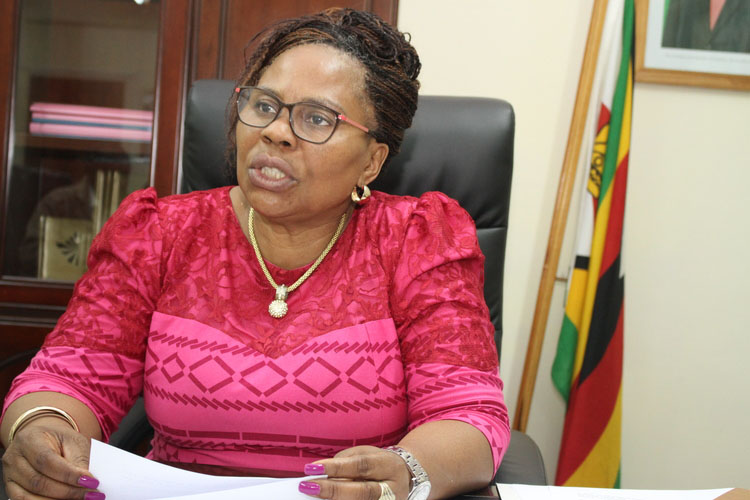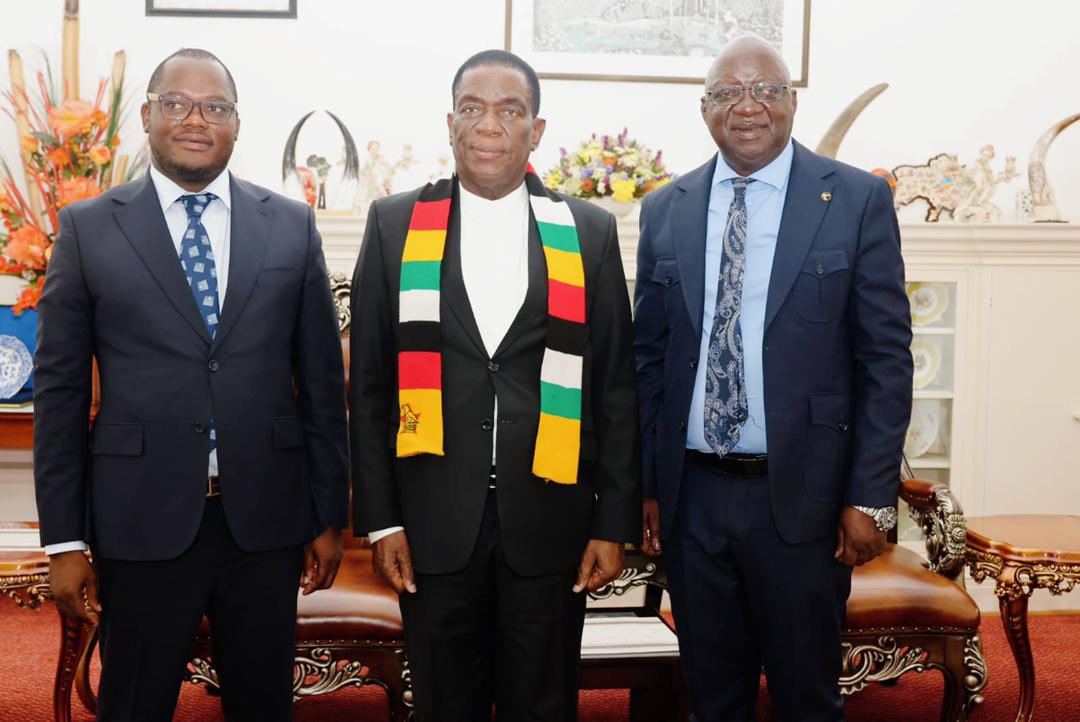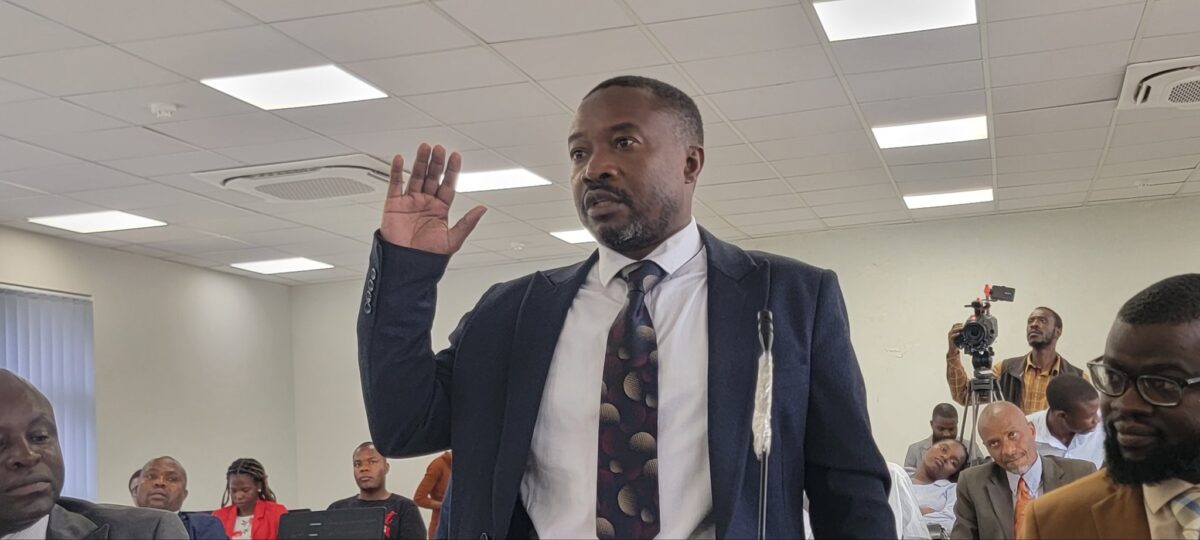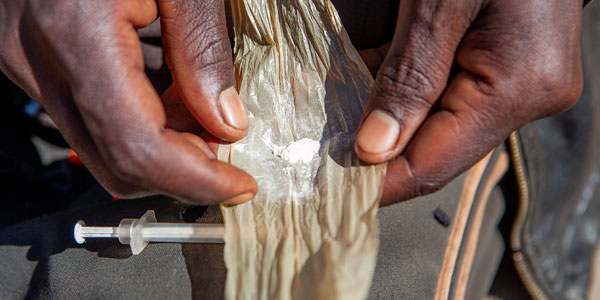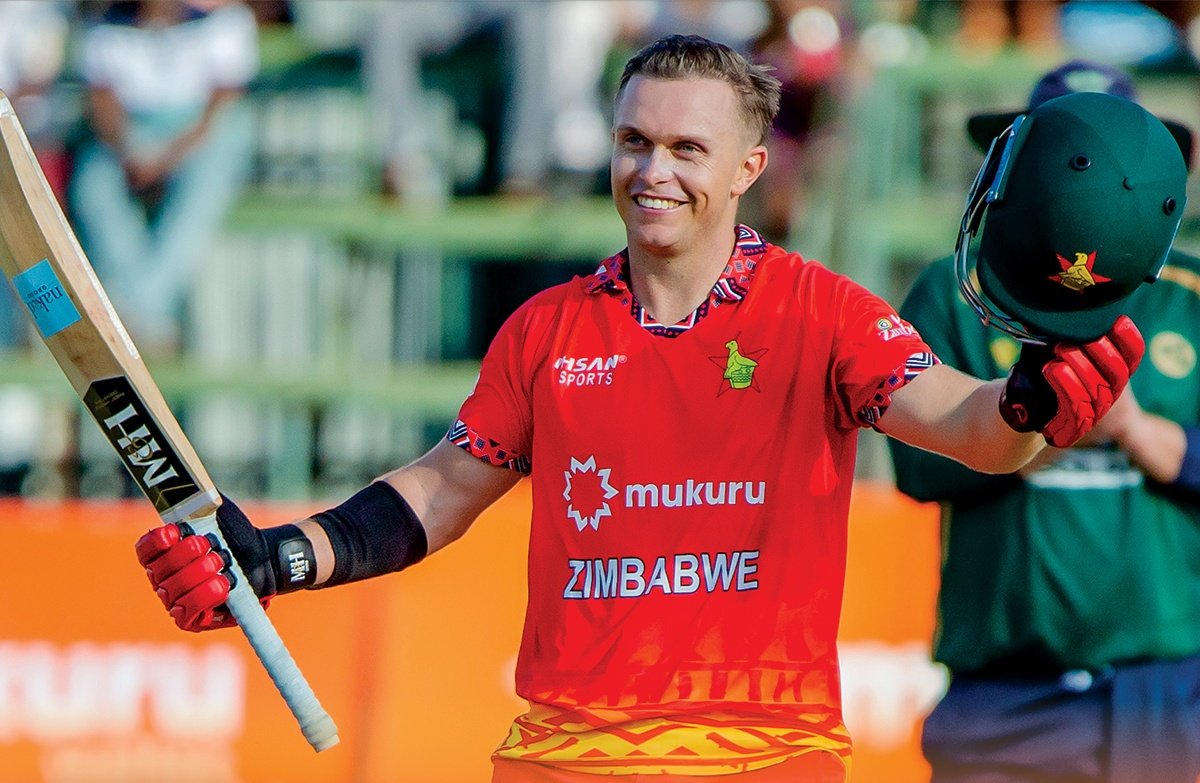HARARE – Zimbabwe’s information minister launched an extraordinary attack on Catholic bishops on Saturday after they criticised the government for human rights abuses and a crackdown on dissent, adding to growing concerns over authorities’ treatment of opponents amid a worsening economic crisis.
Monica Mutsvangwa accused the bishops, who issued the criticism in a pastoral letter, of being “evil”.
She singled out Archbishop Robert Ndlovu, the head of the bishops conference, accusing him of trying to stoke a “Rwanda-type genocide”.
“With nefarious cynicism to history, Archbishop Robert Christopher Ndlovu is inching to lead the Zimbabwe Catholic congregation into the darkest dungeons of Rwanda-type genocide,” Mutsvangwa said in a statement.
The “errant” and “reckless” archbishop “and his flock of misled Catholic bishops” were promoting a civil war, she charged, calling Ndlovu “the chief priest of the agenda of regime change that is the hallmark of the post-imperial major Western powers for the last two decades.”
The Zimbabwe Catholic Bishops Conference said in a pastoral letter that the country had a multi-layered crisis, including economic collapse, deepening poverty, corruption and human rights abuses.
“Fear runs down the spine of many of our people today. The crackdown on dissent is unprecedented,” the bishops said in the letter, read out at Catholic churches on Sunday.
“Is this the Zimbabwe we want? To have a different opinion does not mean to be an enemy.”
The bishops said recent calls for anti-government protests were “an expression of growing frustration and aggravation caused by the conditions a vast majority of Zimbabweans find themselves in.”
“Suppression of people’s anger can only serve to deepen the crisis,” the bishops said in apparent reference to government deployment of soldiers and police to thwart protests on July 31.
Zimbabwe is carrying “past hurts like Gukurahundi which continue to spawn even more angry new generations”, the bishops said.
The reference to Gukurahundi, an army-led massacre of minority Ndebeles in southern Zimbabwe in the 1980s appeared to particularly irk Mutsvangwa, who claimed the bishops were “trumpeting petty tribal feuds and narrow regionalist agendas” to “sow seeds of internecine strife as a prelude to national disintegration.”
Ndlovu, said Mutsvangwa, wants to “posit as the leader of righteous Ndebele minority by fanning the psychosis of tribal victimisation.”
“Concurrently, he sows seeds of collective guilt on the Shona majority,” she charged, while also calling Ndlovu a “dyed in the wool coward” for not fighting in the 1980s independence war.
Inflation running at more than 800 percent is the clearest sign of the worst economic crisis in over a decade and has evoked memories of hyperinflation under Robert Mugabe, whose 37-year rule was ended by an army coup in 2017.
Critics accuse Mnangagwa of being more repressive than his predecessor, despite promising democracy when he took power.
The Law Society of Zimbabwe said in a statement that the human rights situation was deteriorating and that lawyers were also under attack from government agents.
“The law society further condemns the abduction and torture of citizens across the country by state security agents and individuals allegedly unknown but aligned to the state,” it said. – Reuters/Staff Reporter

